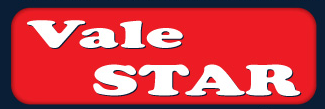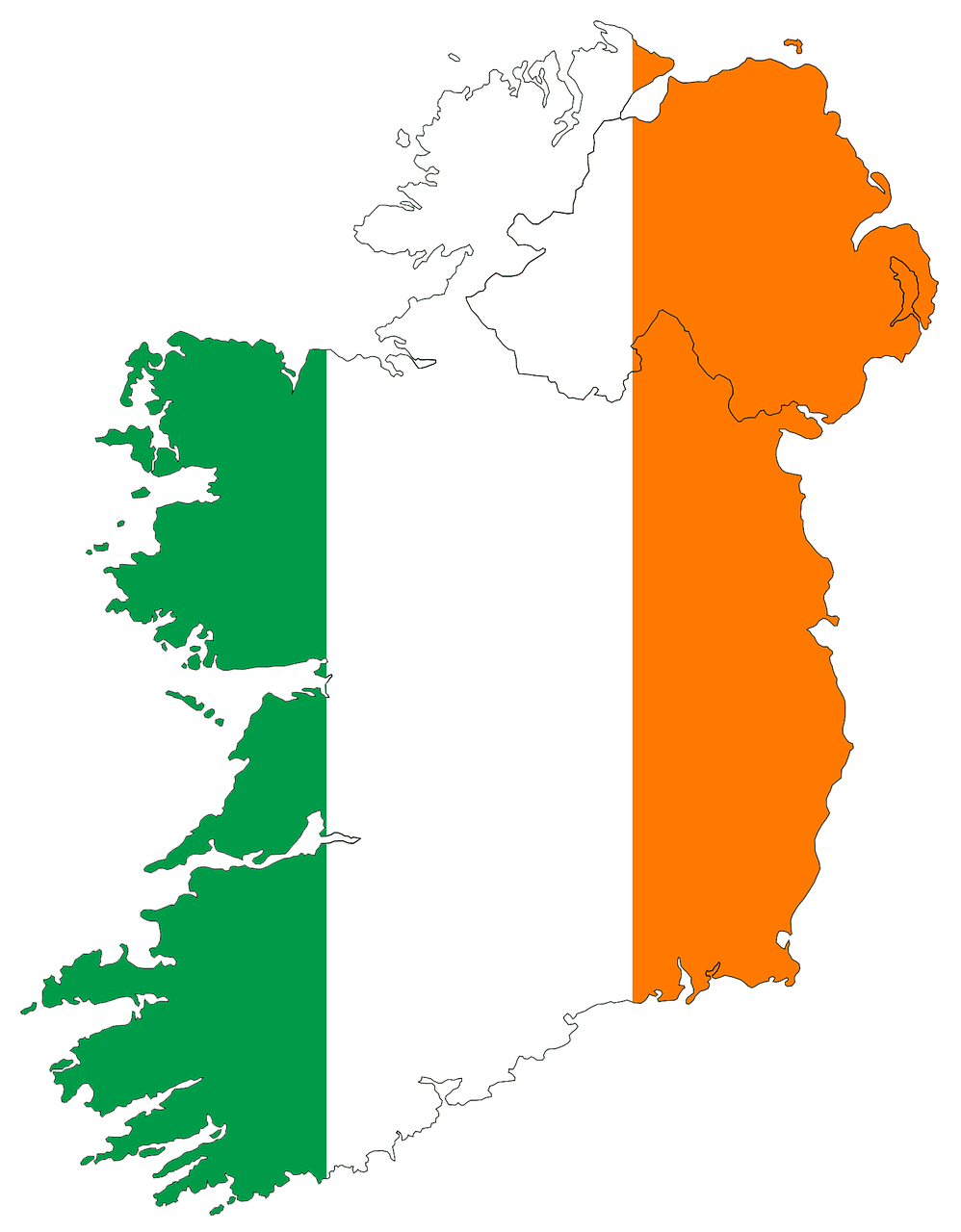Due to the recent dry spell, Limerick’s Chief Fire Officer is reminding landowners and the general public of the dangers posed by illegal burning and forest, bog and gorse fires. Michael Ryan said that the ongoing dry weather presented a heightened risk of wildfires occurring and warned of the implications of illegal burning, which he said can spread to private and state owned forestry plantations and jeopardise the safety of dwellings and families living in rural areas. He added that such fire inci-dents also place an unnec-essary strain and expense on the resources of the local fire service.
The Chief Fire Officer continued: “We wish to remind landowners that it is an offence under the Wildlife Act to burn grow-ing vegetation between 1st March and 31st August in any year, on any land not then cultivated. The sad fact is that if this simple rule was adhered to, many costly and dangerous wildfires would be avoided. Thankfully, there have not been many repor-ted fire incidents across Limerick during the past fortnight but the risk remains very high while this warm, dry spell con-tinues.”
Commenting on the issue of backyard and uncon-trolled burning, Mr. Ryan said: “Uncontrolled bur-ning can result in loss of life as well as damage to property. It is often mis-takenly seen as a cheap method of managing waste and it is presumed not to be harmful to the environ-ment, but nothing could be further from the truth. We would ask people to refrain from backyard and uncontrolled burning.”
Details of the laws in relation to burning, and additional guidance are available on the Council website, www.lcc.ie. The advice includes:
* Landowners burning gorse, scrub, or vegetation must inform the Fire Service at least one day in advance on 999 or 112 providing details of the location, time and duration of burning.
* In addition, landowners burning within 1 mile of woodland must notify the local Garda Station and woodland owner in writing at least 7 days in advance.
* Where burning is to take place within a Special Area of Conservation or Natural Heritage Area, written consent must be sought in advance from the National Parks and Wildlife Service.
* It is illegal to burn house-hold or commercial/industrial waste, household green waste (e.g. hedging), electric cables for the recovery of copper, or to burn waste in bonfires.
* There is a temporary exemption until 1st January 2014 for waste generated by agricultural practices, but efforts must be first made to reduce, reuse, and recycle the waste and burning must only be considered as a final measure. Waste must be untreated and uncontam-inated by other waste.





